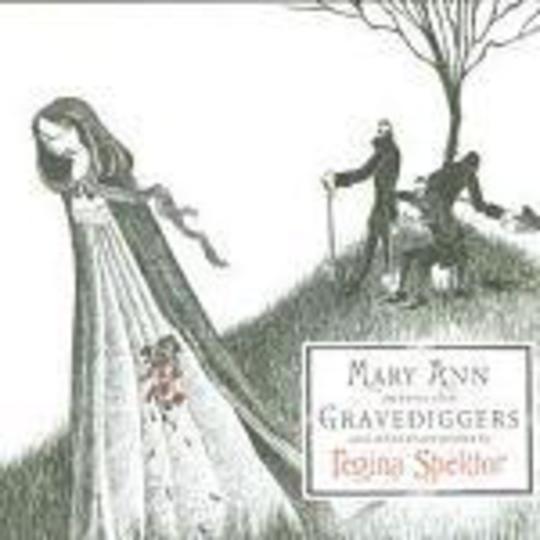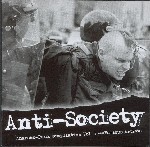Are you sitting comfortably? Then Regina Spektor will place herself delicately down behind the ivories, take a swig of something bottled, and begin. Those of you already overly au fait with the Spektoral sound will recognise everything sung here, as it is a musical accumulation of her recorded work thus far. Seeing as she’s only released two LPs previously, this is not so much a greatest hits compilation as an introduction to anyone unaware of her marvellousness (particularly if you avoided the Soviet Kitsch album, wrongly assuming that the portrait on the cover was the drummer from Jet). If you don’t know much about her yet – and you’d be forgiven, seeing as this is her first lot of songs to be released in the UK – then it appears you’ve been missing out. As this collection effortlessly proves, Regina seems to have an enviable allure over many of her stylistically-akin contemporaries - although not necessarily better, per se, she’s certainly more effervescent than Joanna, more sophisticated than Emmy, more enchanting than Scout. On at least two of those counts, this means Spektor really is very, very good indeed.
She may have a reputation as one of the anti-folk brood – perhaps due to the solemnity, sass and story-telling in her songs – but for one person sat at a piano there are a heck of a lot of references being thrown in here. Yes there is the folk thing – lyrically, it’s mostly enrapturing narratives and Regina monologues – but there also seems to be some sort of debt to blues-y sentiment, hip-hop delivery, soulful vocal aerobics and a skewed type of classicism. For instance, in the minimalist ‘Pavlov’s Daughter’ and even sparser ‘Consequence of Sounds’, Regina rolls off rapid curious poeticisms with all of the skill and pizzazz of the greatest leftfield emcees (sample: “The National Geographic was being too graphic / When all that she wanted to know was the traffic / ‘The world has a nosebleed’, it said.”). In ‘Sailor Song’ she’s at her rowdiest, providing the stomp of a chorus that chants “Mary Ann’s a bitch”, yet in ‘Daniel Cowman’ she’s at her bleakest and bitterest, both times taking some influence from entangled emotional complexities and bar-room floors covered in broken glass.
It’s initially a wonder how someone can convey so many personas with one voice and one set-up, whether it be the sultriness of ‘Mary Ann’, the solemn vivacity of ‘Lacrimosa’, or the sense of everything (words, sounds, feelings, everything) fluctuating in speed so dramatically on ‘Poor Little Rich Boy’. But ultimately, it’s not difficult to see that it’s all down to her gift as a wordsmith, a pianist and a singer, meaning that the inclusion of anything else to accompany her would pretty much draw away from her extraordinary skill (cf. that Strokes B-side). Even if, on the closing track ‘Us’, the arrival of a warm and euphoric string section compliments her to a tear-inducing faerie dust-strewn type of near-perfection.
Or, to put it a bit more succinctly, this totally and utterly rules. All hail Regina.
-
9Thomas Blatchford's Score






















